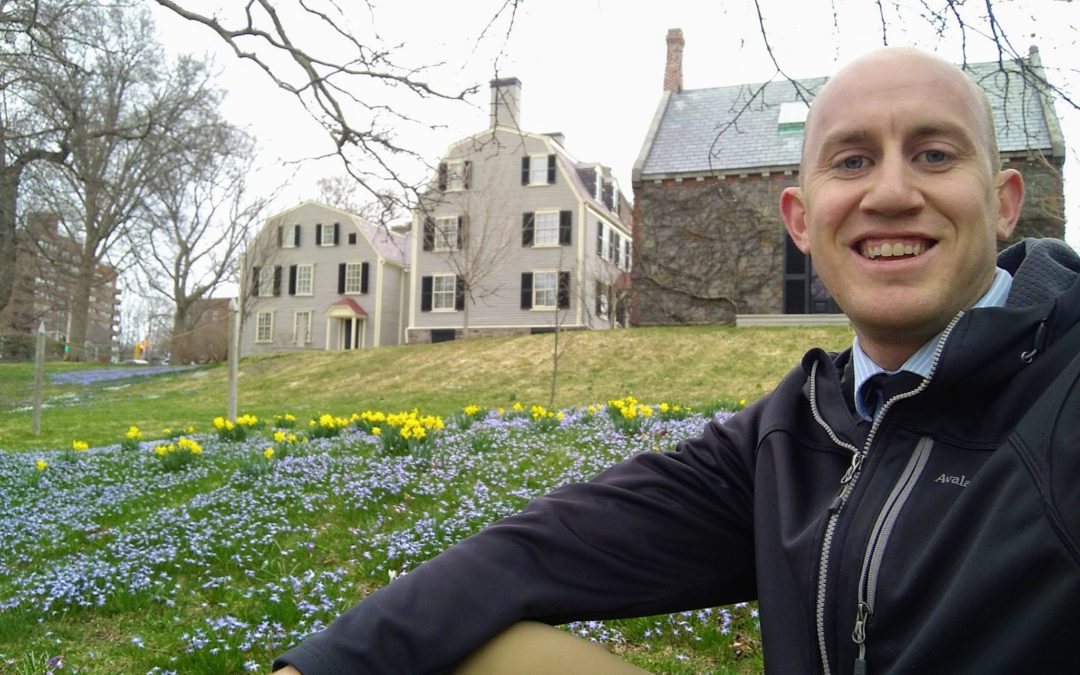I spent the afternoon strolling through the Adams’ garden in Braintree, MA.
I imagined Abigail sitting in her back yard admiring this view as she wrote to her son, John Quincy, who was reluctant to follow his father on yet another civic assignment.
“These are the times in which a genius would wish to live,” she would write. “It is not in the still of life, or the repose of a pacific station, that’s great characters are formed. The habits of a vigorous mind are formed in contending with difficulties. Great necessities call out great virtues. When a mind is raised, and animated by scenes that engage the heart, then those qualities which would otherwise lay dormant, waken to life and form the character of the hero and the statesmen.”
In the end, John Quincy would go and, in the process, would learn French well enough to serve as a translator to the first U.S. ambassador to Russia when he was only 14 years old. He would travel further then most Americans at the time, experience diverse cultures, and fight to end slavery his entire life.
He may not have been a particularly impactful President, but his mother taught him to face challenges with gratitude and, in doing so, he found that joy comes from actively seeking to improve ourselves and the world in which we live.
